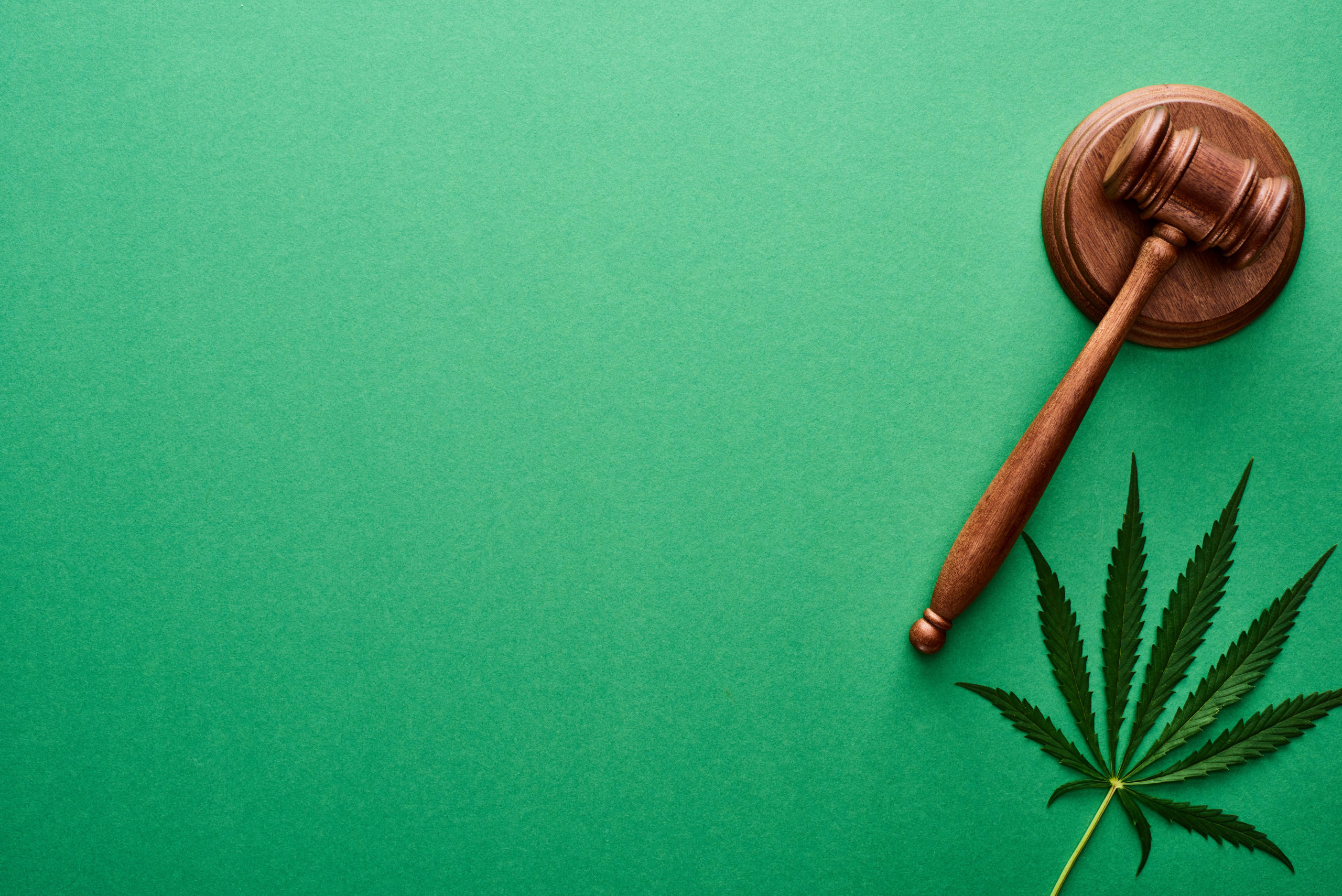Connect with us
Published
2 years agoon

The American Civil Liberties Union (ACLU) of Nevada is suing, claiming that the state drug code unconstitutionally categorizes it as a Schedule I drug, with hopes to remove it from the state Board of Pharmacy’s list of these drugs.
The ACLU Nevada chapter said in an announcement that “Nevada is ignoring its state Constitution and the will of the people” with the current classification, since voters approved a measure in 2016 to make recreational cannabis legal.
The lawsuit was filed in Clark County District Court, on behalf of the Cannabis Equity and Inclusion Community (CEIC) and private citizen Antoine Poole, additionally arguing the classification should shift given the change in public attitudes regarding cannabis.
“Unfortunately, the Nevada Board of Pharmacy has failed to amend its schedule of controlled substances to keep pace with the changes in Nevada law; the schedule is now in violation of our state’s constitution and statutes,” the lawsuit says.
The lawsuit also states that the plaintiffs are “entitled to relief regarding the misclassification of marijuana, cannabis, and cannabis derivatives as Schedule I substances.” Should the board fail to reclassify cannabis, the lawsuit says it will cause “irreparable injury to Petitioners because CEIC must continue to expend its resources on preventing and/or remedying such efforts, and Mr. Poole continues to suffer the consequences of cannabis-related convictions.”
The CEIC works to help people to expunge prior cannabis convictions and empower disadvantaged communities to participate in the state-legal market. Found A’Esha Goins said in the ACLU announcement that they are constantly fighting for policy changes to ensure freedom for Black and Latinx people who choose to treat themselves with cannabis.
“It’s disheartening that we are four years after legalization and we’re still dealing with policies that can derail people’s lives over cannabis possession. The classification of cannabis as a Schedule I substance must be stopped,” Goins said.
Plaintiffs also argue that, because the board has failed to remove cannabis from Schedule I classification, Nevadans are at risk to be prosecuted for felony crimes, like possession of cannabis with intent to distribute.
“Police departments and district attorneys in Nevada have wasted an immense amount of taxpayer dollars by seeking criminal convictions and penalties for small-time cannabis possession,” ACLU of Nevada Attorney Sadmira Ramic said in the announcement.
Ramic added that, even though Nevada voters have an “explicit desire” to have cannabis treated like alcohol, “it is readily apparent that they are treated very differently. The failure to remove cannabis as a Schedule I substance not only goes against voters’ will, but it violates the Nevada Constitution which unequivocally recognizes cannabis’s medical value.”
She also spoke to Marijuana Moment, sharing her belief that Nevada police are “aware” that cannabis has been legalized medicinally and recreationally, though they are still “finding ways to charge people” with cannabis, especially in minority and low-income communities. Ramic said they use “loopholes” in accordance with the Schedule I status that perpetuate “the same issue that we had when there was a war on marijuana going on” in Nevada before voters legalized cannabis.
Ramic is representing the plaintiffs in the case. While she said she’s not sure at this stage how the board will respond to the suit, she voiced that she wouldn’t be surprised if there was “pushback.”
The state market seems to be delivering on the hopes for legalization Nevadans considered back in 2016 when making the move toward adult-use cannabis.
Five years into legal recreational sales, the number of dispensaries in Nevada has grown from 55 to 92 statewide, with those establishments bringing in more than $1 billion in taxable sales last fiscal year and a total of $157.7 million in excise tax in 2021. It’s an increase of 67% in the number of dispensaries and 89.4% in taxable sales.


Study Reveals State Cannabis Legalization Lowers Immigrant Deportation


DEA Challenges Bid To Use Psilocybin Under ‘Right To Try’ Legislation


Vegans Rejoice as Farmers Switch from Chickens to Hemp


Louisiana Legislative Committee Unanimously Passes Adult-Use Cannabis Framework Bill


Louisiana House Bill to Regulate Hemp Products Advances Along With Senate Bill to Ban


Cresco Labs Workers Reportedly De-Unionize
